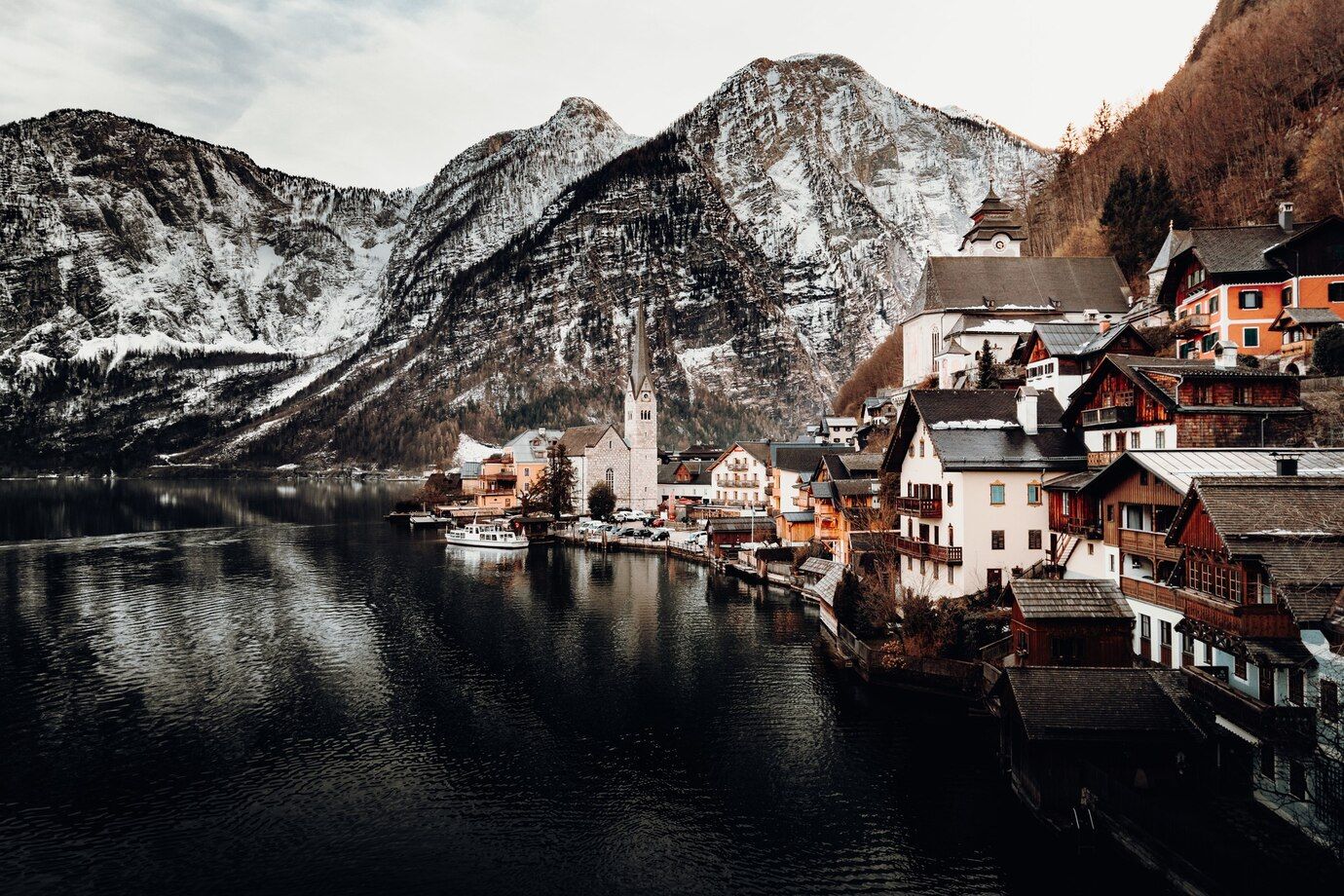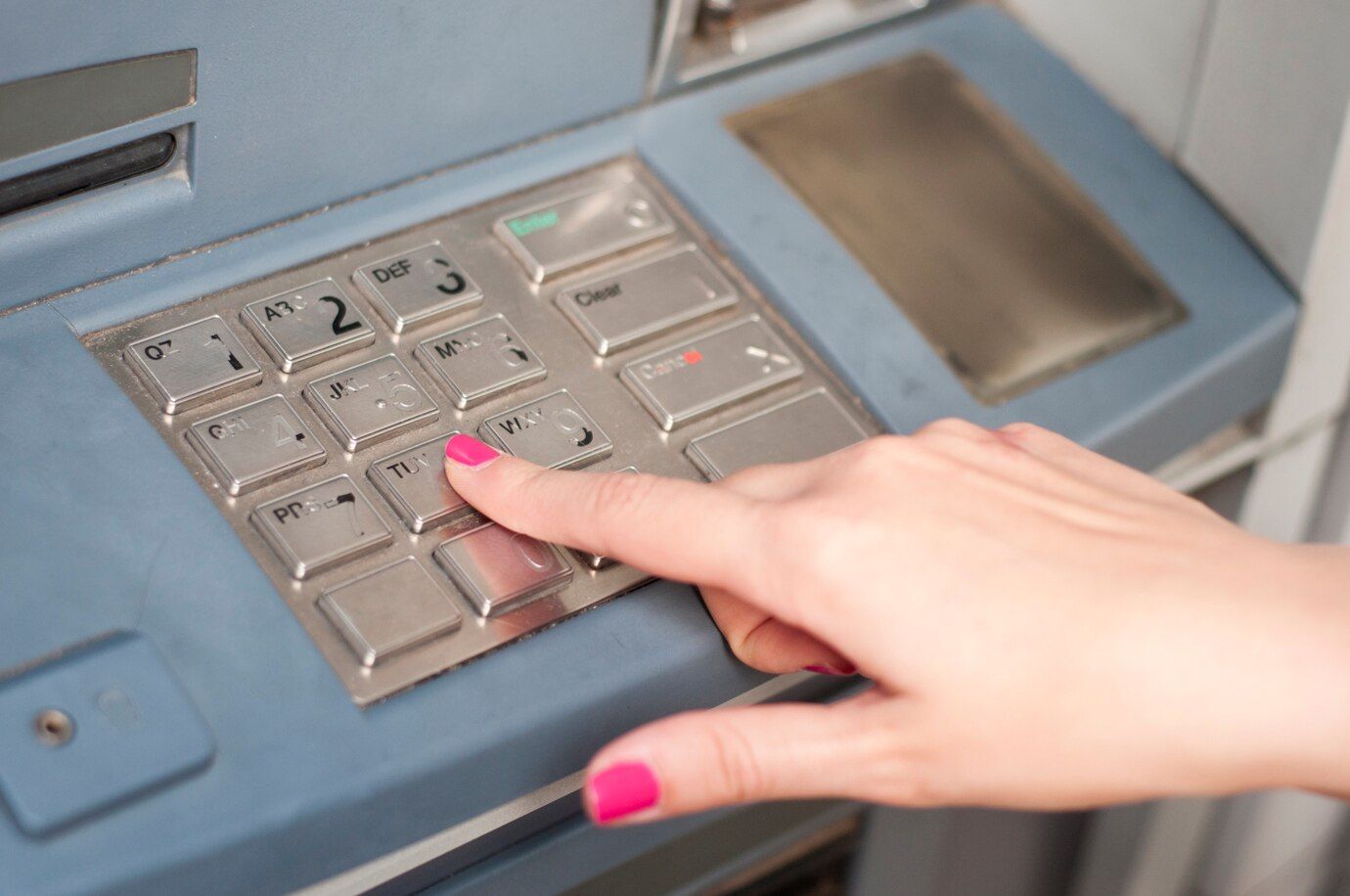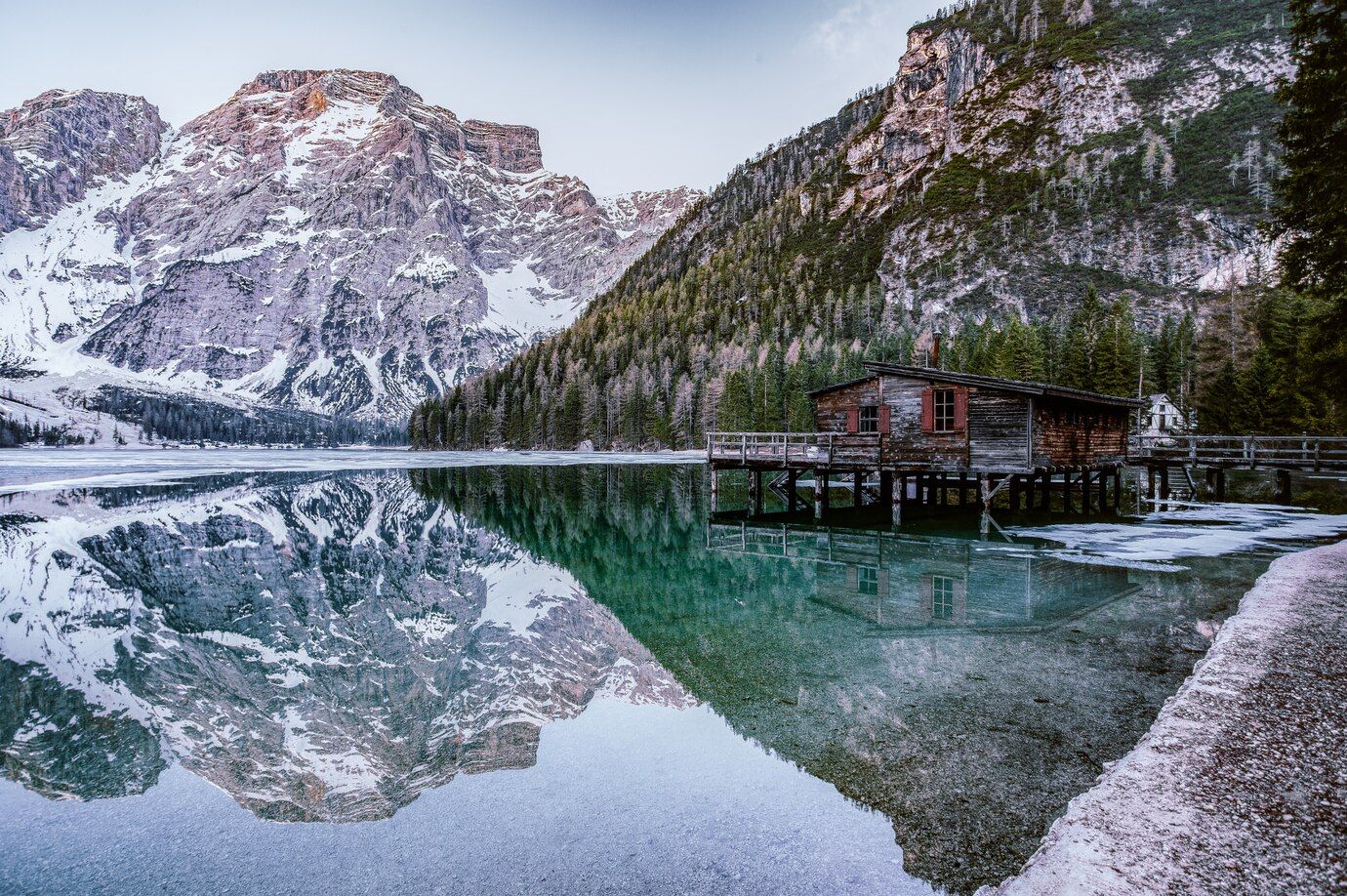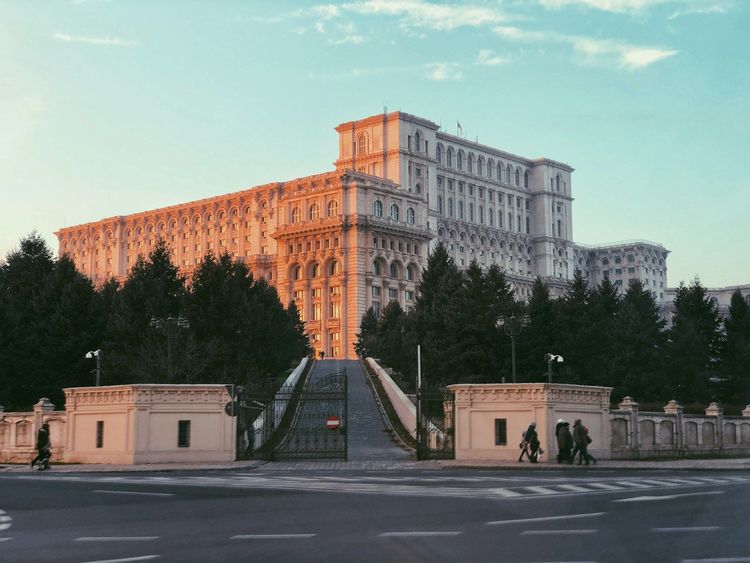Switzerland, with its picturesque Alpine scenery, high standard of living and stable economy, has long attracted the attention of people from all over the world. However, the path to obtaining a residence permit in this country is not as easy as it may seem at first glance. The process of obtaining a residence permit in Switzerland requires a careful approach, understanding of the local legislation and fulfillment of a number of strict requirements. In this article we will analyze in detail the main ways of obtaining a residence permit, consider the stages of application, and also share useful tips that will help you successfully pass this path and open the door to a new life in one of the most attractive corners of Europe.
OneWorld provides services to obtain citizenship or residency for investment. We can help with document collection and processing, preparation for residency and many other issues related to moving to Switzerland.
Switzerland
Switzerland is a small but wonderfully diverse country in the heart of Europe. Known for its picturesque alpine mountains, crystal clear lakes and green valleys, it is the perfect combination of nature and modern infrastructure. Switzerland is renowned for its high standard of living, advanced healthcare system, high level of security and stable economy. The country is also a financial center of global importance and home to many international organizations. Switzerland prides itself on its multiculturalism and multilingualism, with German, French, Italian and Romansh as official languages.
Climate
Switzerland's climate varies from region to region. The northern and central parts of the country have a temperate continental climate with cold winters and warm, sometimes hot, summers. The alpine regions have a harsher climate with heavy snowfall in winter and cool summers, making them ideal for winter sports. In the south of the country, especially in the canton of Ticino, the climate is milder and more Mediterranean, with mild winters and warm sunny summers. This climatic diversity allows everyone to find a place in Switzerland to enjoy, whether for winter activities or summer vacations.

Population
Switzerland has a population of around 8.7 million people. The country is known for its cultural and linguistic diversity. Most of the population is concentrated in cities and agglomerations such as Zurich, Geneva, Basel and Lausanne, which are the economic and cultural centers of the country. Switzerland prides itself on its multicultural environment, which is reflected in its four official languages: German, French, Italian and Romansh. The Swiss are known for their tolerance and respect for cultural differences, which makes the country attractive to expats and migrants from all over the world.
National language
Switzerland is unique in its multiculturalism and multilingualism. Four national languages are officially recognized in the country: German, French, Italian and Romansh. German is the most widespread language, spoken by about 60% of the population and used in the central and eastern parts of the country. French is predominant in the western cantons, such as Geneva and Vaud, and is spoken by about 20% of the population. Italian is used in the southern cantons of Ticino and Graubünden and is spoken by about 8% of the population. Retoromanic, the rarest of the four, is used in parts of the canton of Graubünden and is spoken by about 1% of the population. This linguistic diversity reflects Switzerland's rich cultural palette and its ability to integrate different ethnic groups.
National currency and exchange rate for 2024
Switzerland's national currency is the Swiss franc (CHF). The franc is known for its stability and is often seen as a "safe haven" for investors in times of economic instability. For 2024, the CHF exchange rate varies between 0.90 and 1.10 CHF to 1 USD. These exchange rate fluctuations are due to various economic factors, including the monetary policy of the Swiss National Bank and global economic trends.
Benefits of obtaining a residence permit
There are many advantages to obtaining a residence permit (LPR) in Switzerland. One of the key advantages is the opportunity to live in a country with a high standard of living, a safe environment and a quality medical and educational system. A residence permit allows you to move freely within the Schengen area, which greatly simplifies travel and business trips in Europe. Holders of a residence permit are entitled to access to the Swiss banking system, which is famous for its stability and confidentiality. In addition, Switzerland offers a favorable business and investment environment, which can be attractive to entrepreneurs and investors. Finally, a residence permit provides access to excellent infrastructure, environmentally friendly regions and a variety of cultural activities, making life in Switzerland comfortable and fulfilling.
Cost of obtaining a residence permit
The cost of obtaining a residence permit in Switzerland can vary depending on the route and canton chosen. One of the most common ways to obtain a residence permit is to invest in the country's economy. In this case, an investment of 100,000 euros or more is required. The investment can be in various areas including real estate, businesses or funds approved by the Swiss authorities. In addition to the investment, it is necessary to take into account the costs of legal support, administrative fees and possible additional costs associated with moving and adapting to the new country.
Timeframe for obtaining a residence permit
The process of obtaining a residence permit in Switzerland can take varying amounts of time depending on the path chosen and individual circumstances. On average, it takes 6 months to obtain a residence permit. This time includes submitting the application, reviewing the documents, carrying out the necessary checks and making a decision by the authorities.

The initial stage related to the preparation and submission of the application may take several weeks, especially if a significant package of documents needs to be collected. This is followed by the application process, which may include interviews, verification of financial status and other aspects of eligibility. In case of a positive decision, a temporary residence permit is issued, which can be extended if certain conditions are met.
The timeframe may vary depending on the canton where the application is submitted and the type of residence permit requested (e.g. for investors, employees or family reunification). It is important to remember that successful completion of all stages requires careful preparation and, if necessary, the assistance of specialists in the field of migration law.
Stages of obtaining a residence permit
The process of obtaining a residence permit in Switzerland includes several key stages, each of which requires careful attention and thorough preparation. Let's take a closer look at these stages.
Checking whether you are eligible for a residence permit
The first step on the way to obtaining a residence permit is to check the possibility and compliance with the requirements of the Swiss migration laws. It is important to understand which category the applicant falls under: investment, work, study, family reunification or other basis. At this stage, it should also be determined in which canton the application will be made, as the rules and requirements may differ slightly.
Collection of documents
Collecting the necessary documents is the next and one of the most important steps. The list usually includes:
- A foreign passport.
- Photographs of the established sample.
- Proof of residence in Switzerland.
- Medical insurance.
- Documents proving financial solvency (bank statements, income certificates).
- Proof of purpose of stay (e.g. employment contract or study invitation).
Each document must be translated into one of Switzerland's official languages and notarized.
Criminal record check
An important step is the criminal record check. The applicant needs to provide a certificate of no criminal record from the country of residence. In some cases, a similar document may be required from all countries where the applicant has lived for the last few years. This confirms that the applicant has no problems with the law and does not pose a threat to public safety.
Proof of income
In order to obtain a residence permit, it is necessary to prove that the applicant has sufficient income or financial means to live in Switzerland. This can be done by providing bank statements, tax returns, employment contracts or documents proving other sources of income. Investors must prove that they have invested the necessary funds in the Swiss economy.
Payment for counseling services and obtaining a residence permit
The final step is to pay all necessary fees and counseling services. Costs may include government fees, legal and migration fees, and administrative costs. Once all procedures have been successfully completed and approved by the Swiss authorities, the applicant is granted a residence permit. It is important to remember that in some cases it is required to attend the interview or medical examination in person.
The process of obtaining a residence permit in Switzerland can be complicated and time-consuming, but careful preparation and compliance with all requirements significantly increase the chances of success.
Banks in Switzerland
Switzerland is famous for its banks, which symbolize reliability, confidentiality and high standards of service. There are several categories of banks in the country, each catering to different customer segments and offering a variety of financial services.

Traditional banks are:
- UBS Bank Switzerland - One of the largest banks in the world offering a wide range of financial services.
- Credit Suisse - An international bank known for its investment and private banking services.
- Raiffeisen Switzerland - A cooperative bank serving mainly individuals and small businesses.
- Zurich Cantonal Bank - One of the largest cantonal banks offering a variety of financial products.
Cantonal banks: Switzerland has 24 cantonal banks, each serving a specific region. Among them are:
- Aargauische Kantonalbank
- Banque cantonale de Genève
- Zürcher Kantonalbank
- and others
Exchange banks: There are 39 exchange banks specializing in investment services and securities trading. Some of them include:
- Saxo Bank
- IG Bank
- Investec Bank
- and others
Regional and Savings Banks: There are 59 regional and savings banks in Switzerland that provide a wide range of services to local residents and small businesses.
Private banks: Swiss private banks such as CIM Bank and Dukascopy Bank are known for their high quality services for wealthy clients and wealth management.
Mobile Banks: Modern mobile banks such as N26, Revolut and Neon offer convenient financial services through mobile apps, making them popular with young and tech-savvy users.
Frequently asked questions
How much does an apartment in Switzerland 2024 cost on average?
Residential real estate in Switzerland is characterized by its high value. On average, the price per square meter is around 10,500 €. A studio apartment of 25 m² in a town 200 km from the capital will cost around 200,000 euros. A 50 m² apartment in the same town would cost around €300,000.
Can I buy an apartment in Switzerland?
Foreign investors and non-residents wishing to buy real estate in Switzerland must obtain the appropriate authorization from the federal authorities. It is also necessary to fulfill all local requirements, which may vary from canton (region) to canton (region).
What is the minimum wage in Switzerland 2024?
The minimum wage in Switzerland in 2024 is €3,335 per month.






